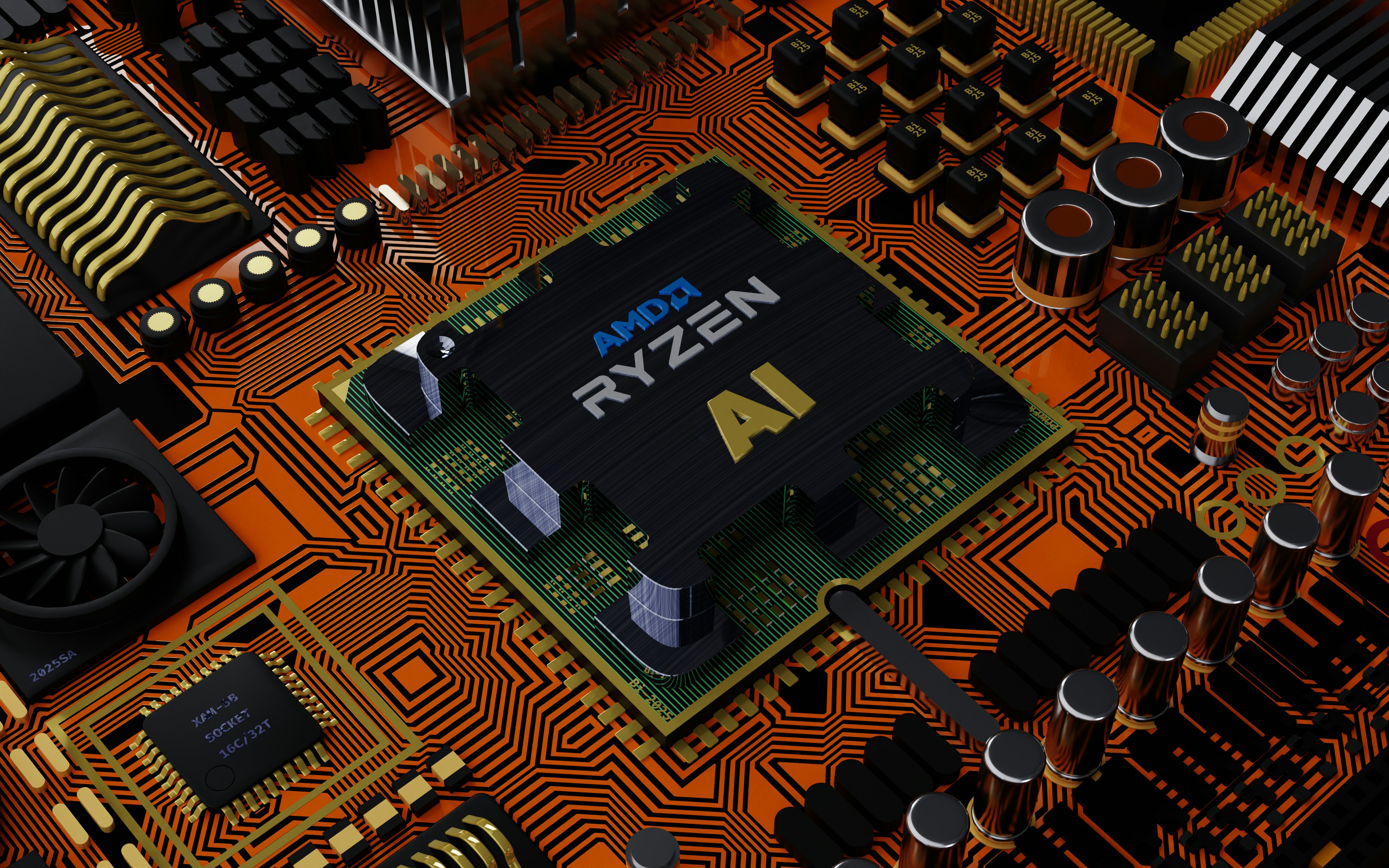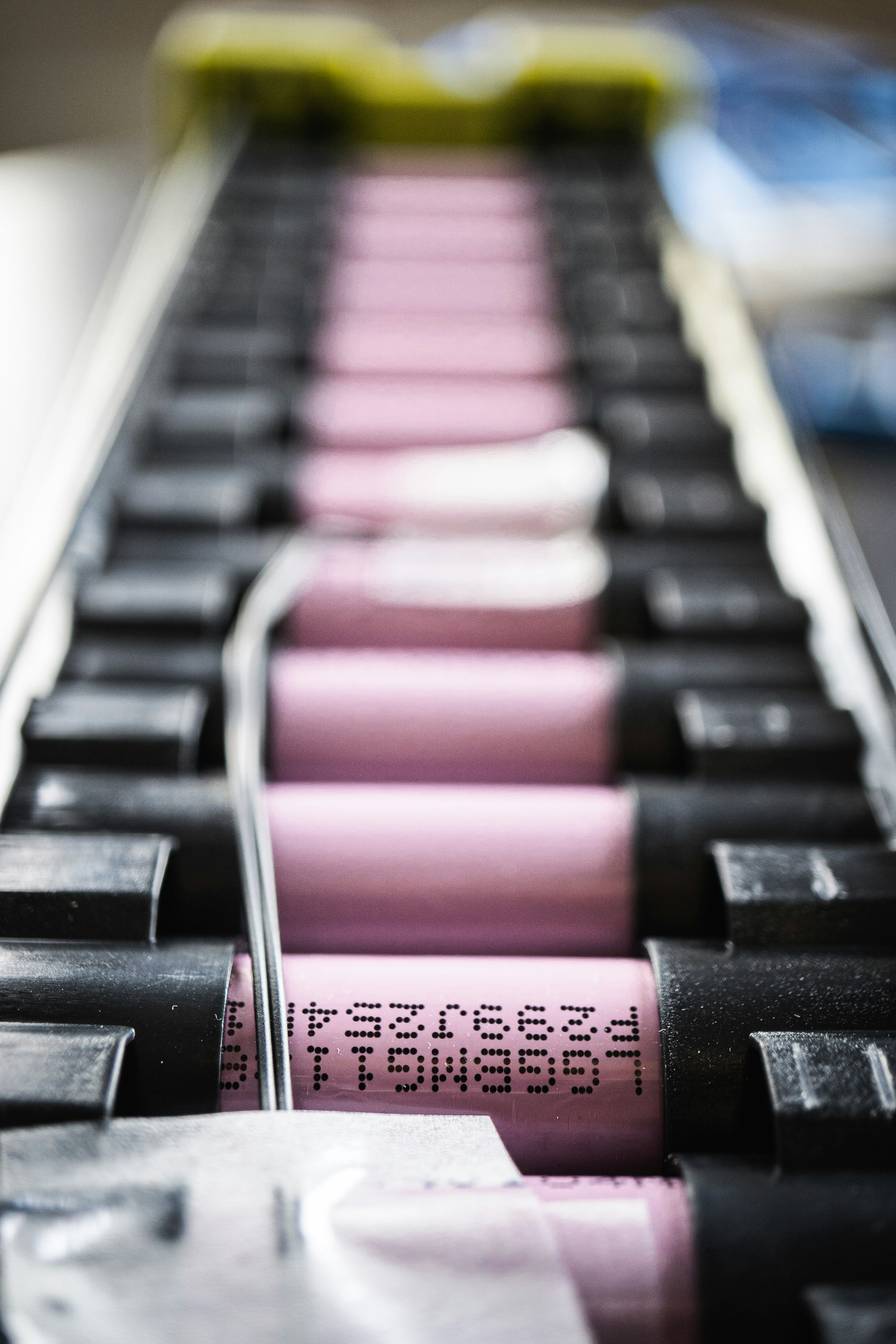Blog Article
Leveraging AI and Machine Learning for Smarter Procurement in Battery Manufacturing

Dr. Angelo Canzaniello
13.09.2024

Leveraging AI and Machine Learning for Smarter Procurement in Battery Manufacturing
In the dynamic and rapidly evolving field of battery manufacturing, procurement plays a crucial role in ensuring a steady supply of high-quality materials while managing costs and mitigating risks. With the increasing complexity of global supply chains and the growing demand for advanced battery technologies, traditional procurement methods are often insufficient to meet modern challenges. Enter Artificial Intelligence (AI) and Machine Learning (ML)—technologies that are revolutionizing procurement processes by providing smarter, data-driven solutions.
This blog post explores how AI and machine learning are transforming procurement in battery manufacturing, the benefits they bring, and practical applications of these technologies in enhancing procurement strategies.
The Challenges of Traditional Procurement in Battery Manufacturing
Procurement in battery manufacturing involves sourcing a diverse range of materials, including lithium, cobalt, nickel, and various other components, each with its own supply chain complexities. Traditional procurement methods often face several challenges:
Complex Supplier Networks
Battery manufacturers rely on a global network of suppliers, each with its own risks and uncertainties. Managing these relationships and ensuring the timely delivery of high-quality materials can be overwhelming, especially with frequent fluctuations in demand and supply.
Price Volatility
Commodity prices for key battery materials can be highly volatile due to geopolitical factors, market demand, and supply disruptions. Traditional procurement strategies may struggle to adapt to these fluctuations, leading to cost inefficiencies and budgeting challenges.
Demand Forecasting
Accurate demand forecasting is essential for optimizing inventory levels and preventing shortages or excesses. However, predicting future demand for battery materials is challenging due to rapidly changing market conditions and technological advancements.
Risk Management
Identifying and mitigating risks in the supply chain, such as supplier insolvency or geopolitical instability, is critical but often complex and resource-intensive. Traditional methods may not provide the agility needed to respond to unforeseen disruptions.
How AI and Machine Learning Transform Procurement
AI and machine learning offer powerful tools to address these challenges and drive more effective procurement strategies. Here’s how they are making an impact:
Enhanced Supplier Selection and Management
AI algorithms can analyze vast amounts of data from various sources to evaluate potential suppliers based on factors such as quality, reliability, and financial stability. Machine learning models can continuously learn from historical performance and market trends to make more informed recommendations for supplier selection and risk management.
Optimized Price Forecasting
AI-driven predictive analytics can forecast price trends for raw materials by analyzing historical data, market conditions, and external factors such as geopolitical events. This helps procurement teams make better decisions on when to purchase materials and negotiate contracts, reducing the impact of price volatility.
Improved Demand Forecasting
Machine learning models can analyze historical sales data, production schedules, and market trends to generate more accurate demand forecasts. This allows battery manufacturers to optimize inventory levels, reduce lead times, and minimize stockouts or excess inventory.
Automated Procurement Processes
AI can automate routine procurement tasks, such as order processing, invoice matching, and contract management, freeing up time for procurement professionals to focus on strategic activities. Automation improves efficiency, reduces errors, and accelerates the procurement cycle.
Risk Identification and Mitigation
AI systems can continuously monitor and analyze supply chain data to detect potential risks, such as disruptions in the supply chain or changes in supplier performance. By identifying risks early, companies can proactively develop mitigation strategies and respond quickly to potential issues.
Enhanced Data Analytics and Insights
AI and machine learning provide advanced data analytics capabilities, offering deeper insights into procurement performance, supplier performance, and market trends. These insights help procurement teams make data-driven decisions, optimize strategies, and drive continuous improvement.
Practical Applications in Battery Manufacturing
Here are some practical examples of how AI and machine learning are being applied in battery manufacturing procurement:
Predictive Analytics for Raw Material Sourcing
Companies are using AI-driven predictive analytics to forecast demand for battery materials, such as lithium and cobalt. This helps in planning procurement strategies, negotiating better contracts, and managing inventory more effectively.
Supplier Risk Management Platforms
Some manufacturers are implementing AI-powered platforms to monitor supplier performance, assess financial stability, and track geopolitical risks. These platforms provide real-time insights and alerts, enabling proactive risk management.
Automated Procurement Systems
AI-based procurement systems automate the entire procurement process, from supplier selection to order fulfillment. These systems use machine learning to optimize procurement workflows, reducing manual effort and improving accuracy.
Dynamic Pricing Models
AI models are being used to create dynamic pricing models for battery materials, adjusting prices based on real-time market data and trends. This helps manufacturers make informed purchasing decisions and manage cost fluctuations effectively.
Conclusion
AI and machine learning are revolutionizing procurement in battery manufacturing by providing smarter, data-driven solutions to complex challenges. From enhancing supplier selection and managing price volatility to improving demand forecasting and automating processes, these technologies offer significant benefits that can drive efficiency, reduce costs, and improve supply chain resilience.
As the battery industry continues to grow and evolve, leveraging AI and machine learning will be crucial for staying competitive and meeting the demands of an increasingly complex market. By adopting these technologies, battery manufacturers can achieve a more agile, responsive, and strategic procurement process, ultimately contributing to their overall success and sustainability.
Power up your supply chain.
Get started now. Book a consultation with us.

